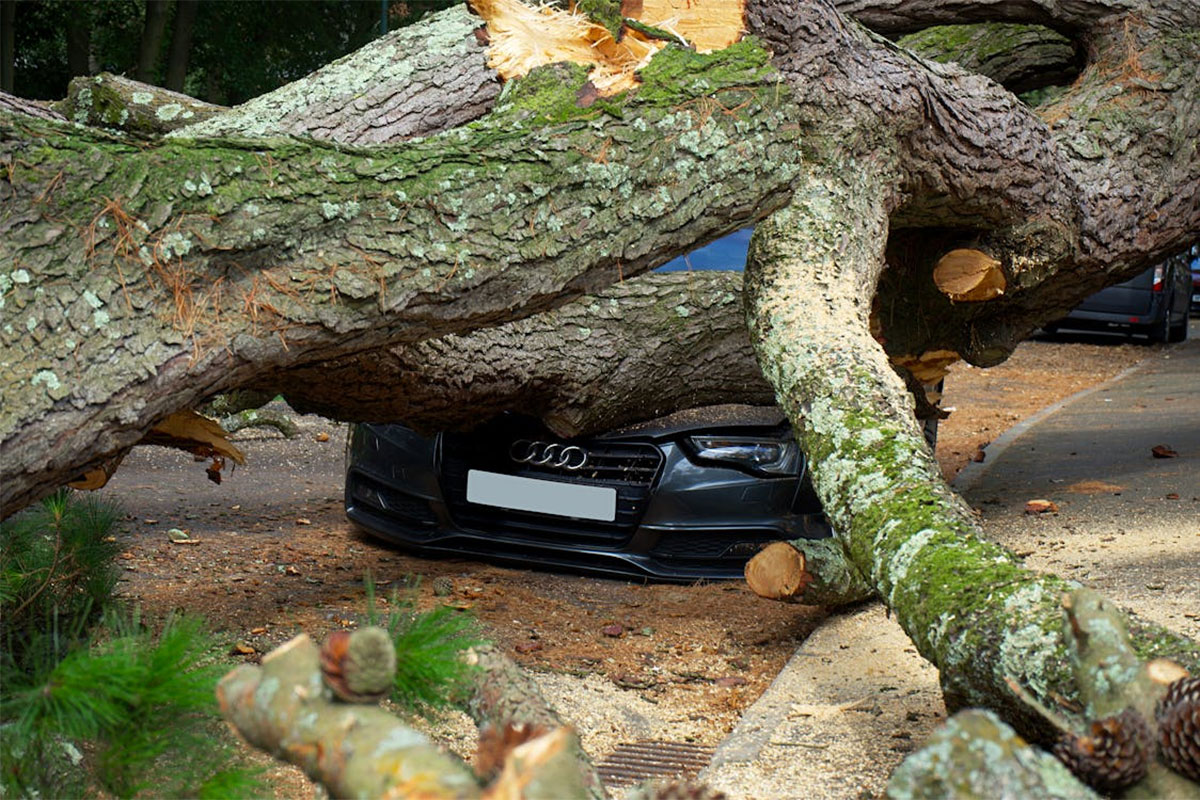Experiencing a car accident is a traumatic event, but knowing how to stay calm and collected can significantly impact the aftermath. For more detailed advice and legal support, visit yourfloridatrialteam.com. Here, we’ll explore practical steps to help you maintain composure and handle the situation effectively.

Understanding the Importance of Staying Calm
Remaining calm after a car accident is crucial. Panic can cloud your judgment, leading to mistakes that could exacerbate the situation. By keeping a clear head, you can ensure your safety, collect essential information, and take appropriate steps.
1. Ensure Your Safety First: Assess the Situation
The first step after a car accident is to check for injuries and ensure everyone’s safety. If you can, move your vehicle to a safe location, such as the side of the road. Turn on your hazard lights to alert other drivers. This initial assessment helps prevent further accidents and ensures that emergency services can reach you quickly if needed.
2. Seek Medical Attention: Check for Injuries
Even if you feel fine, it’s essential to seek medical attention after an accident. Adrenaline can mask injuries, and some symptoms may not appear immediately. A medical professional can evaluate your condition and provide necessary treatment, which is crucial for your health and any potential legal claims.
3. Stay Composed: Take Deep Breaths
In the immediate aftermath, taking deep breaths can help you stay calm. Breathing exercises reduce anxiety and help you think more clearly. Count to four as you inhale, hold for four, then exhale for four. Repeat this process until you feel more composed and ready to handle the situation.
4. Document the Accident: Gather Evidence
Collecting evidence is vital for insurance claims and potential legal action. Take photos of the accident scene, including vehicle damage, road conditions, and any visible injuries. Note the weather, traffic control signs, and other relevant details. Write down the names and contact information of witnesses and law enforcement officials present at the scene.
5. Communicate Effectively: Exchange Information
Calmly exchange insurance and contact information with the other driver. Avoid discussing fault or making statements that could be used against you later. Simply gather the necessary details, such as names, phone numbers, addresses, driver’s license numbers, and insurance policy information.
6. Involve the Authorities: Contact the Police
It’s crucial to contact the police and have them come to the scene. They act as impartial referees, documenting the incident and providing an official report. This report can be invaluable for your insurance claim and any legal proceedings that might follow.
7. File a Police Report: Obtain an Official Report
If there’s significant damage (over $500), injuries, or fatalities, you should file a police report. This report will include important details and can help you get compensation from your insurance company. Ensure you obtain a copy of this report for your records.
8. Protect Your Rights: Avoid Admitting Fault
When speaking with the other driver, witnesses, or the police, avoid admitting fault or apologizing. Stick to the facts and let the authorities determine liability. Statements made in the heat of the moment can be misconstrued and used against you later.
9. Manage Your Emotions: Stay Calm and Polite
Accidents can trigger strong emotions, but it’s important to remain calm and polite. Avoid showing aggression or agitation, as this can escalate tensions and complicate the situation. Maintaining a calm demeanor helps in resolving the incident more smoothly.
10. Contact Your Insurance Company: Report the Accident
As soon as possible, report the accident to your insurance company. Provide them with all the collected information and cooperate with their investigation. Prompt reporting ensures that your claim is processed efficiently and can help you get the necessary support.
11. Seek Legal Advice: Consult with a Lawyer
If you need clarification on your legal rights or need assistance with your claim, consider consulting with a lawyer. Legal professionals can provide guidance, help you navigate the claims process, and represent your interests if the case goes to court.
Conclusion
Staying calm and collected after a car accident is essential for your safety, well-being, and legal protection. Remember, preparation and a clear mind are your best tools in managing the aftermath of an accident.









